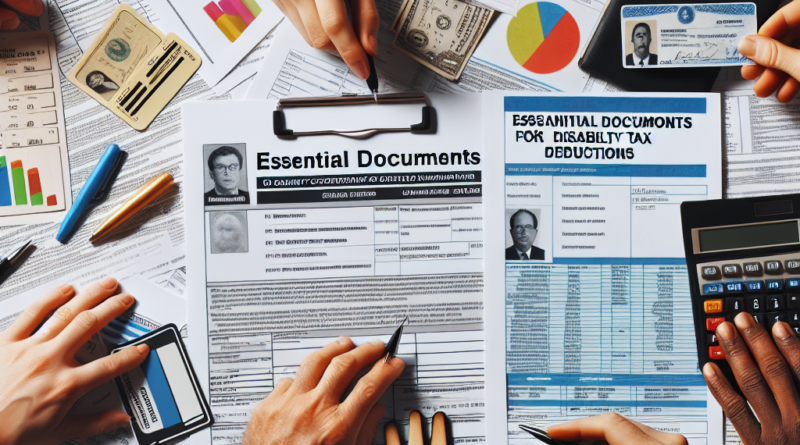Tax Deductions for Disabled Individuals: Essential Documents
Documents Required for Tax Deductions for Disabled Individuals
To qualify for tax deductions as a disabled individual, certain essential documents are required.
The right to tax deductions and deductions from personal income tax for expenses incurred is subject to the condition of the pathology and the percentage of disability.
While disabled individuals are entitled to the same deductions as those in force for the general taxpayers, additional documentation is necessary for specific deductions.
Types of Disability Certifications
Depending on the disability, different certifications are required to claim deductions.
Recognition of civil invalidity by the Medical Commission is sufficient for some deductions, while for others, recognition under law 104 certifying the disability is mandatory.
It is important to note that not all deductions provided by law for disabled individuals are granted solely on the basis of civil invalidity.
Specific documentation must be provided for each purchase to claim the entitled tax deductions, varying according to the type of disability.
Documentation for Purchase of Vehicle for the Disabled
For instance, a disabled individual with mobility impairments is entitled to a 19% tax deduction on the cost of purchasing a means of transport, up to a maximum of 18,075.99 euros.
This deduction can be claimed once every four years for a single vehicle.
To be eligible for the deduction, proper documentation must be provided, including a certification of the disability condition.
The required certification varies depending on the nature of the disability:
– Blind or deaf individuals need certification from the Medical Commission clearly stating the severity of the condition.
– Those with mental or psychological disabilities require a handicap assessment report and a certificate confirming the granting of care allowance.
– Individuals with severe walking limitations or amputations should provide a report certifying the serious disability resulting from conditions leading to permanent walking limitations.
Deductions for Medical Expenses and Assistive Devices
For the deduction of expenses on medication and over-the-counter drugs, an itemized receipt is necessary.
While this deduction is available to all, disabled individuals can also claim deductions for specific assistance expenses, such as nursing care, rehabilitation, or personal care, which are deductible but not eligible for tax credits.
When purchasing prostheses, invoices, a doctor’s prescription, or a self-certification with an identity document are essential documents.
Similarly, for the acquisition of technical and IT aids, in addition to the purchase invoice, a medical certificate linking the purchased product to the individual’s disability is required to claim the 19% deduction.
Benefits for the Blind
Visually impaired individuals are entitled to additional benefits, such as a 19% tax deduction for the purchase of a guide dog, accompanied by a fixed deduction of 1,000 euros for guide dog maintenance costs.




